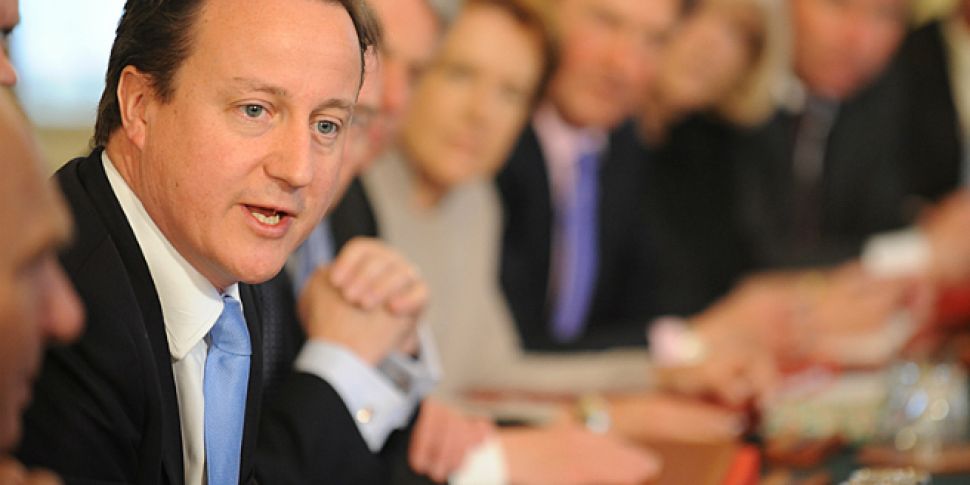David Cameron has made it clear that the reforms he is demanding from the European Union require a treaty change, although officials have admitted such fundamental changes are unlikely to be in place by the time of the referendum.
Britons are expected to vote on the UK's continued membership of the EU in 2017 and Labour and UKIP have both said voters will go to the polls without an absolute guarantee of changes.
Mr Cameron put his case for reform to leaders in a brief speech lasting just over eight minutes, during a short interlude to the discussion over the migration crisis, which has overshadowed the two-day summit in Brussels.
He secured agreement for "technical" talks between UK and EU officials over the next six months on British concerns including welfare restrictions for EU migrants, an opt-out from the goal of "ever-closer union" in Europe, greater powers for national parliaments and protections for countries outside the single currency.
Speaking as he left the talks at around 2.45am, Mr Cameron said: "I am delighted that the process of British reform and renegotiation and the referendum we are going to hold - that process is now properly under way.
"People always say to me these things aren't possible, we will never get them done. Once again, we have proved we will get them done."
"We have started that process and it's under way," he added.
European Council President Donald Tusk confirmed that EU leaders will be presented with the results of the talks at a summit in December.
But he warned: "One thing should be clear from the very beginning. The fundamental values of the EU are not for sale and so are non-negotiable. We should consider British concerns, but only in a way which will be safe for all Europe."
Shadow foreign secretary Hilary Benn said: "All year the Prime Minister has been saying that change to the treaty was a definite requirement and yet now, faced with entirely predictable opposition from other member states, he is signalling retreat while pretending that all he ever wanted was a post-dated cheque."
UKIP leader Nigel Farage said: "It sounds like a post-dated cheque. There are so many big fundamental things happening that a promissory note of some kind to Britain may well finish up not being honoured.
"Post-dated cheques can bounce and one suspects that any post-dated cheque that was given to the Brits would be given by presidents and prime ministers in office now."
Earlier, the European Parliament's President Martin Schulz had warned there was "quite some resistance" among EU states to any changes to the treaties, which he said could take up to four years to implement.
The German said: "Solutions in the EU usually are not brought about by one member state making demands and expecting the others to deliver."
European Commission President Jean-Claude Juncker appeared unsure what reforms Mr Cameron was seeking, asking reporters: "What does he want?"
Belgium's finance minister Johan Van Overtveldt said a British opt-out from ever-closer union would be "not easy".
Estonian Prime Minister Taavi Roivas told BBC Radio 4: "Treaty change would probably need referendums all around the EU and that would cause some difficulties as well."
Reporting by IRN









